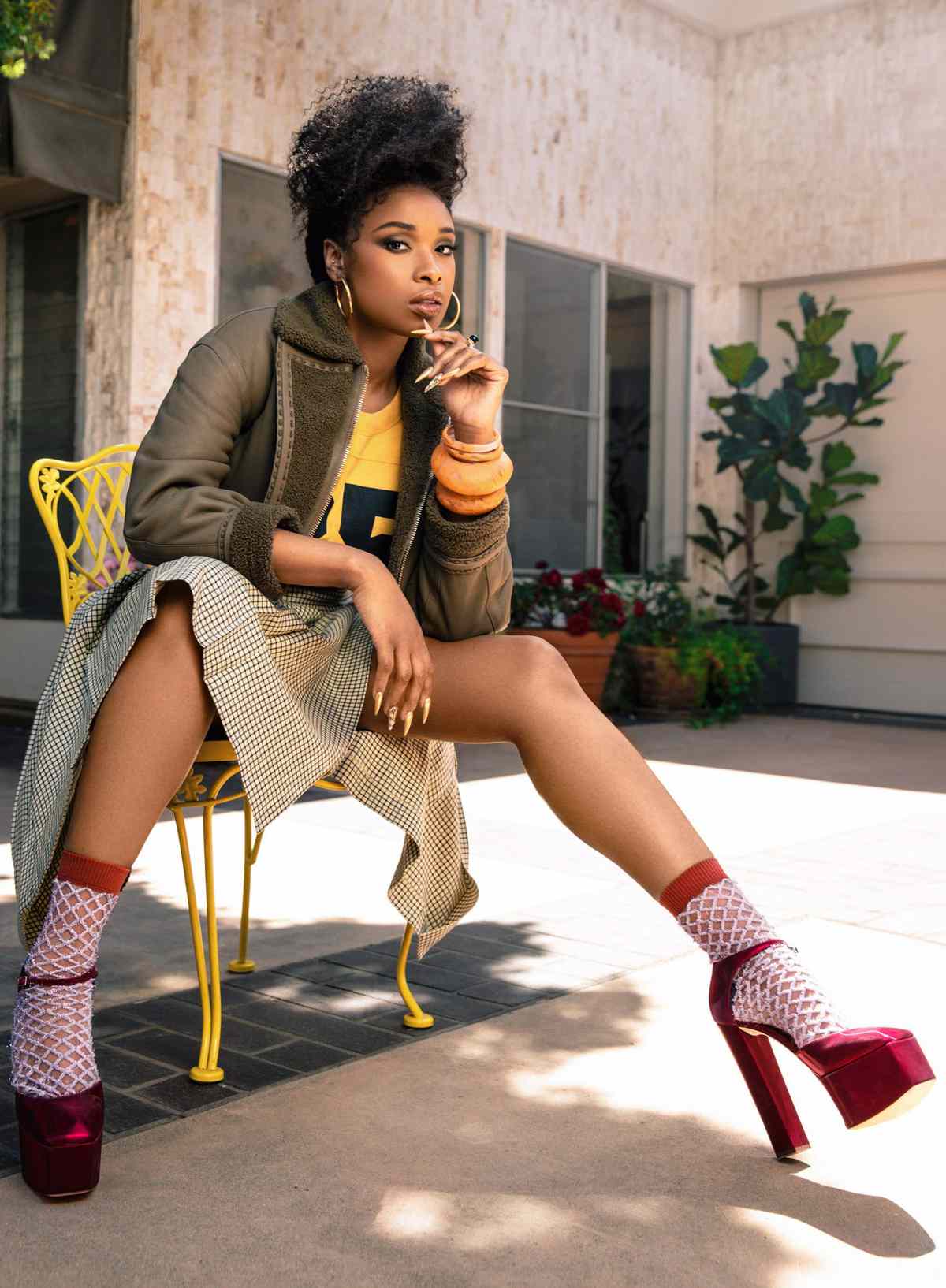Originally published for The Cut on May 10, 2021.
In October of 2017, the actress Alyssa Milano tweeted, “If you’ve been sexually harassed or assaulted, write ‘me too’ as a reply to this tweet.” Since then, the term Me Too has taken on many forms: a viral hashtag, shorthand for a Hollywood reckoning, and a tongue-in-cheek barb. When she tweeted those words nearly four years ago, Milano didn’t know that a woman from the South Bronx had already invited survivors of sexual abuse to say “Me Too.”
Back then, Tarana Burke, a survivor herself, was working as an organizer and nonprofit leader in Selma, Alabama. In 2006, she’d founded the organization Just Be Inc., which focuses primarily on helping young girls of color who have experienced sexual abuse, assault, or exploitation. It was in 2006 that she wrote “me too” on a MySpace page, emphasizing the notion that mass healing, particularly for Black girls, is a radical act of love, empathy, and community care.
Despite Me Too’s origins, many have wondered when Black women’s experiences would receive the same level of attention as high-profile exposés. #MuteRKelly was the culmination of a decade-long effort; and despite testimony from Beverly Johnson, Bill Cosby’s reckoning was positioned as a response to white women’s accusations. The initial open letter from the Hollywood-led initiative Time’s Up was overwhelmingly signed by white women.
In recent years, however, multiple Black women have chosen to bravely come into the spotlight and share their stories. Drew Dixon, Sil Lai Abrams, Sheri Sher, Jenny Lumet, and others boldly detailed their traumatic experiences with alleged serial predator Russell Simmons in interviews, reported exposés, and the award-nominated On the Record. FKA Twigs alleged that Shia LaBeouf abused her during their relationship, setting a new precedent by filing a tort claim with the intent of donating any damages to domestic violence charities. Rapper T.I. and wife Tameka “Tiny” Harris are facing allegations of sexual assault and facilitating abuse after dozens of messages surfaced on Instagram (the two have not been charged with any crime, and have denied all wrongdoing). Alleah Taylor was introduced to the world while fighting for her life after she was allegedly brutally assaulted by her ex-boyfriend, former Seattle Seahawks offensive tackle Chad Wheeler. Despite these horrors making it into the mainstream, there’s still a lack of intersectional analysis and acknowledgment of the nuanced differences for nonwhite survivors. And meanwhile, the public awaits a magical watershed moment for Black survivors.
As the movement continues to confront the harm exacted on Black lives, the question lingers: How do we establish a framework to protect Black survivors, particularly those who aren’t established public figures? The Cut spoke with Tarana Burke about the current state of Me Too, recent headlines about gendered violence in the Black community, and the effort to create anti-carceral community tools and networks of support for working-class Black women.
Continue reading →

